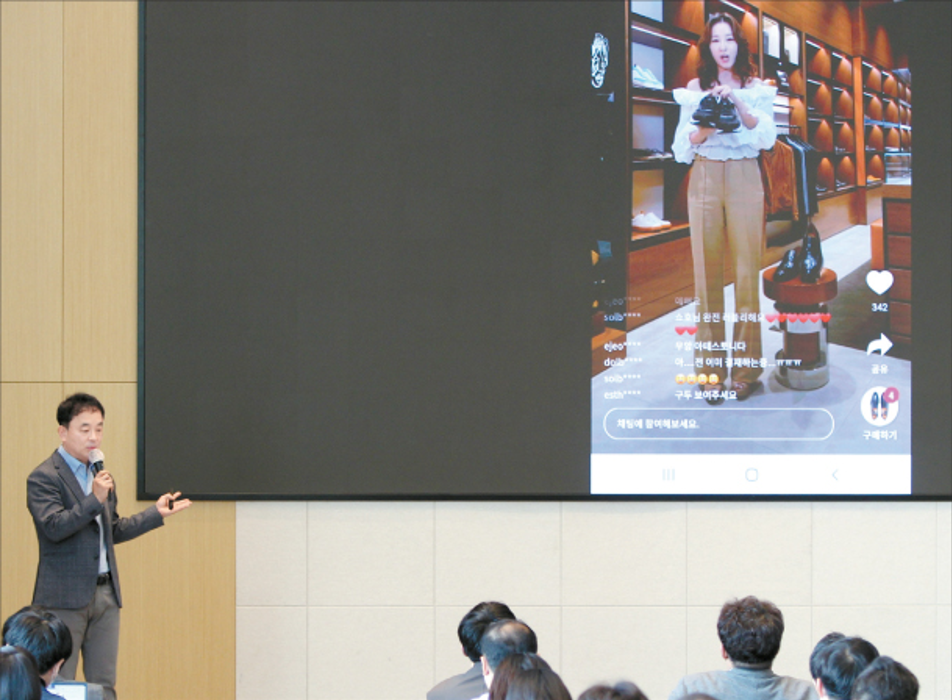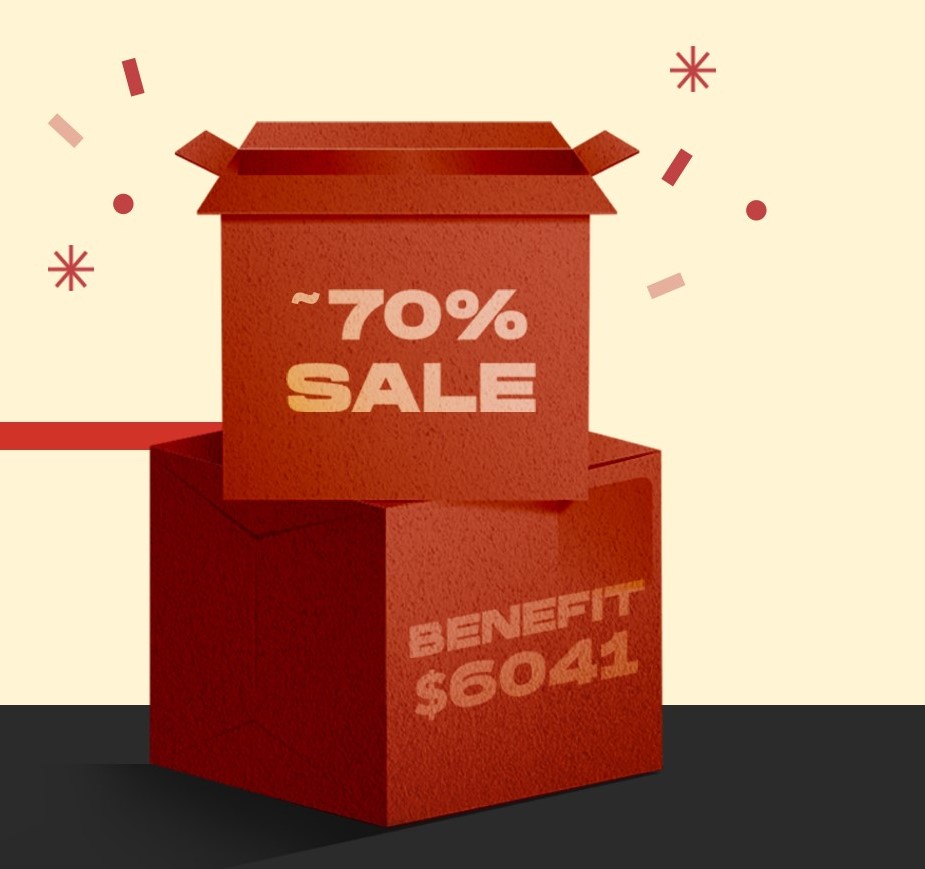SOUTH KOREA. Lotte Duty Free sales declined by -37.5% year-on-year in Q1 2020 to KRW872.7 billion (US$709 million) and operating profit plunged -96% to KRW4.2 billion (US$3.4 million), the company has reported.
Operating profit margin in the first quarter was just 0.5%, compared to 7.6% in the same period last year, writes The Moodie Davitt Report Senior Retail and Commercial Analyst Min Yong Jung* in Seoul.
Lotte Duty Free’s sales growth in Korea has underperformed against that of rivals The Shilla Duty Free and fast-expanding Shinsegae Duty Free (see chart) in 2019 and Q1 2020. The Moodie Davitt Report’s channel checks suggest the trend is continuing in April and May.

However, unlike its major competitors, Lotte Duty Free has remained profitable in the latest quarter (0.5% operating margin), with Shilla and Shinsegae reporting heavy losses from their Korean duty free operations in the same period.

While Korea’s duty free market recovery is sluggish, some changes in the near-term could see changes to the business. The following deregulation and government relief efforts could change how Q2 2020 results are reported.
1) Sales of unsold (over six months old) inventory into the Korean domestic channel – Announced: Korea Customs Service, 29 April; Expected implementation: June 2020.
Comment: In the context of the new government measure referred to above, Lotte has a strong advantage over its competitors Shilla Duty Free, Shinsegae Duty Free and Hyundai Duty Free with the strongest network in offline retail. Lotte leads market share in department stores and outlet malls (2019 department store market share: Lotte 39%, Shinsegae 25%, Hyundai 24%; 2019 outlet mall market share: Lotte 50%, Hyundai 21%, Shinsegae 20%).
The timing bodes well for Lotte which has just unveiled ecommerce app Lotte On, connecting seven of the Lotte Group’s retail units into one platform (Lotte Department Store, Lotte Mart, Lotte Super, Lotte.com, LOHB’s, Lotte Hi-Mart and Lotte Homeshopping). While Hyundai and Shinsegae can use their own established sales channels, The Shilla Duty Free will need to cooperate with third parties for the sale of unsold inventory.
While Korean consumers hope that fashion accessories and luxury products will soon be made available for purchase through this channel, there are obstacles that are proving difficult to overcome. Unsold duty free inventory can only be sold in Korea after customs tax and VAT, and the final retail price can only match consumer expectations if discounted by the duty free retailer.
The retailers however cannot decide on the prices alone and must consult with brands, agents and the existing sales channel. The process that duty free retailers must undergo to sell unsold inventory into Korea is (i) decide on discount and retail price, (ii) select agent/retailer to sell products to, (iii) procurement of inventory by buying party and (iv) sales to consumers.

The Moodie Davitt Report understands that retailers are facing strong resistance from brands who do not want their brand image and existing sales to be affected by reduced prices. Because the agents involved in the sale of unsold inventory are different in duty free and other channels, there is limited cooperation among the agents as well.
One leading duty free retailer told The Moodie Davitt Report that due to the headwinds in the business, the prices offered to consumers won’t be as low as expected and outlet malls and ecommerce will more likely be the sales channels used to sell duty paid goods.
2) Temporary sale of goods by export to third parties overseas – Announced: Korea Customs Service, 29 April; Expected implementation: Already in effect, market participants expect six-month duration.
Comment: A highly controversial (at home and abroad) by Korea Customs Service (KCS), which has temporarily allowed Korean duty free retailers to export their products (with no limitation by category or how old the inventory is) overseas to a third party. Korean duty free retailers don’t have to abide by Korea Customs law that requires passport and transport details (flight number or cruise ship information) to be recorded and are allowed to sell their goods wholesale to any party willing to do business outside of Korea.
It took time to understand clearly what KCS would allow but retailers are now busy looking for buyers overseas – mainly daigou – although it appears that the export/wholesale business is lacklustre and daigou are cautious about taking on inventory. The move by KCS however has elevated competition and discount rates offered by Korean duty free retailers are at unprecedented levels.

China is the only major market open for business and the consumption recovery remains underway – in April cosmetics retail sales rose +4% year-on-year. Korean travel retailers are eager to sell into this market as sales to domestic Koreans and travelling Chinese are still limited by travel bans and quarantine measures. Inbound arrivals to Korea in April declined by -97% year-on-year.
3) Incheon International Airport relief package – Announced: Incheon International Airport Corporation (IIAC), 1 April; Expected implementation: Refused by large retailers.
Comment: Korea’s biggest duty free retailers have so far refused IIAC’s relief which offers a -20% concession fee reduction for a maximum six months in exchange for retailers forgoing an expected -9% discount due in 2021 from the decline in passenger traffic.
Losses for duty free retailers are highest at airport duty free shops where Minimum Annual Guarantee-based concession fees must be paid regardless of passenger traffic. Korean media reports note that current monthly concession fee payments by retailer are Lotte: KRW20 billion (US$16.2 million), Shilla KRW24 billion (US$19.5 billion) and Shinsegae KRW36 billion (US$29.2 million) in Incheon International Airport Terminal 1.

The elevated competition and investment risks amid the COVID-19 period also suggest that the prospects of an IPO for Hotel Lotte, parent of Lotte Duty Free, have diminished in the short term.












